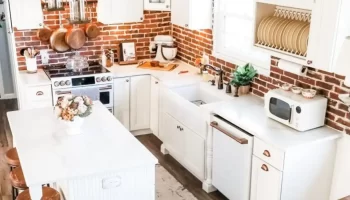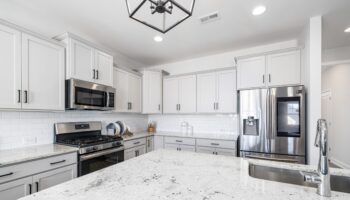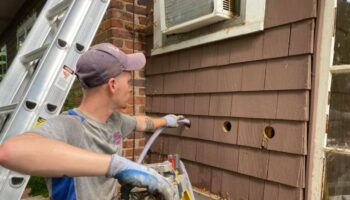Our homes are sanctuaries where we seek refuge from the elements. But when our climate control systems malfunction, maintaining a comfortable indoor temperature becomes a challenge.
While battling a malfunctioning heater during a cold winter is unpleasant, a struggling air conditioning unit during a sweltering summer can be downright unbearable. This guide explores top tips for ensuring optimal performance from your AC and heating system throughout the year.
Let’s get started!
Top Tips for Maintaining Optimal Home Comfort Year-Round
By following these tips, you can avoid the discomfort of a broken system, ensure a smooth transition between seasons, and keep your home a haven of year-round comfort.
1. Embrace Preventative Maintenance for Smooth Operation:
The cornerstone of a smoothly functioning A/C and heating system lies in preventative maintenance. Scheduling regular appointments with a qualified technician is crucial. These appointments typically involve a thorough inspection of both systems.
Technicians will clean components, check for leaks or blockages, and ensure proper fuel combustion (for heaters) and refrigerant levels (for AC units). Regular maintenance helps identify minor issues early on, preventing them from escalating into major problems that might require a costly repair down the line. Ideally, schedule maintenance appointments twice a year – once before the heating season and once before the cooling season.
2. DIY Maintenance for Everyday Upkeep:
While some aspects of AC and heating system maintenance require a professional touch, there are simple tasks you can handle yourself to keep your systems running smoothly. Before each season, visually inspect both your heater and AC unit for any visible signs of wear or damage.
Clean the areas around the outdoor units, removing debris like leaves or twigs that can obstruct airflow. Replace air filters according to the manufacturer’s recommendations, typically every 1-3 months depending on your household’s needs and the level of dust in your environment. Familiarize yourself with your thermostat settings and ensure they’re programmed for optimal comfort throughout the year.
3. Recognizing When to Call a Professional:
Despite regular maintenance, unforeseen issues can arise with your AC and heating systems. Being aware of the signs that signal the need for professional intervention can help prevent minor problems from snowballing into major inconveniences.
For AC units, watch out for unusual noises coming from the unit, inconsistent cooling throughout your home (certain rooms feeling cooler or warmer than others), a sudden increase in your energy bills, or weak airflow coming from your vents.
4. Considering System Upgrades for Long-Term Benefits:
If your AC or heating system is nearing the end of its lifespan (typically around 10-15 years), it might be time to consider an upgrade. Modern AC and heating systems are significantly more energy-efficient compared to older models. While the initial investment for a new system might seem high, the long-term savings on energy bills can be substantial.
A qualified HVAC professional can assess the efficiency of your current systems and advise you on whether a repair might suffice, or if a system upgrade would be a more cost-effective solution for your home’s climate control needs.





